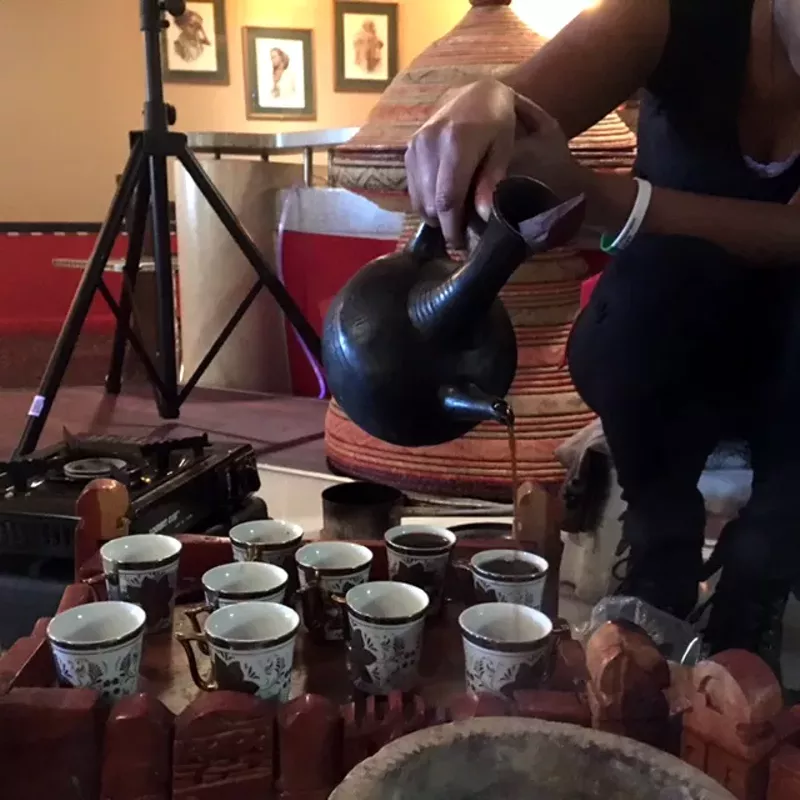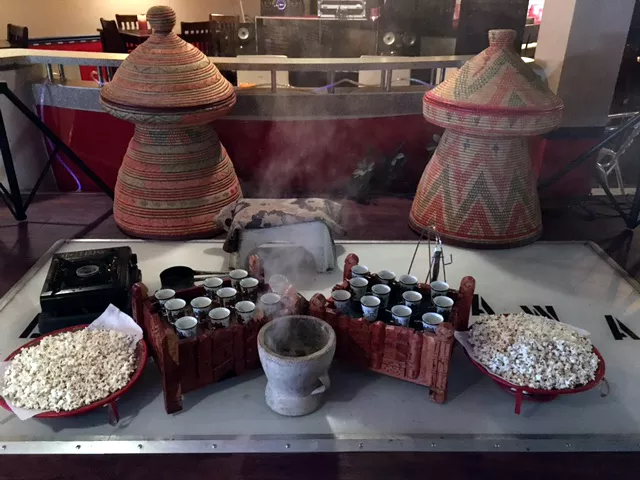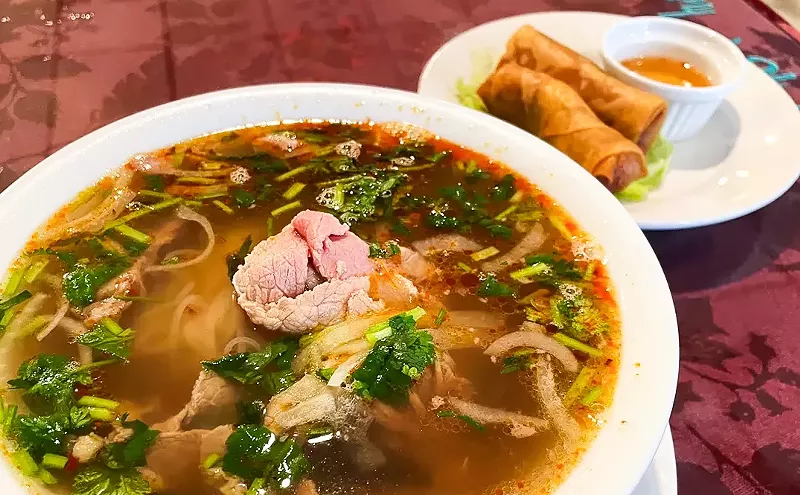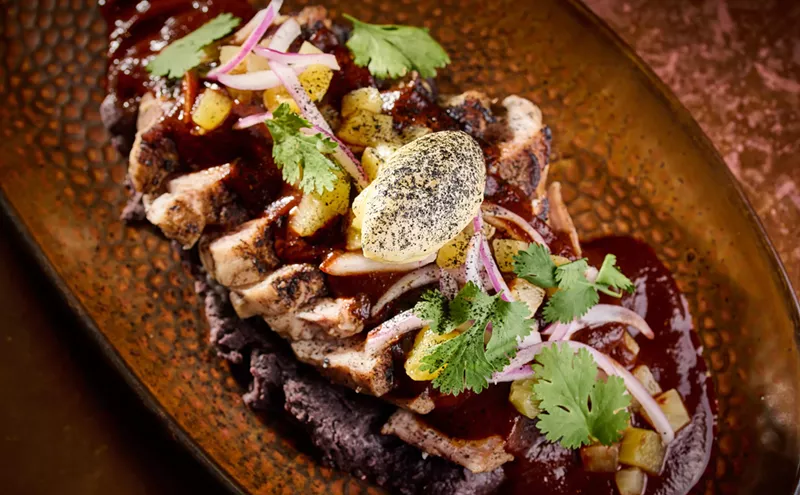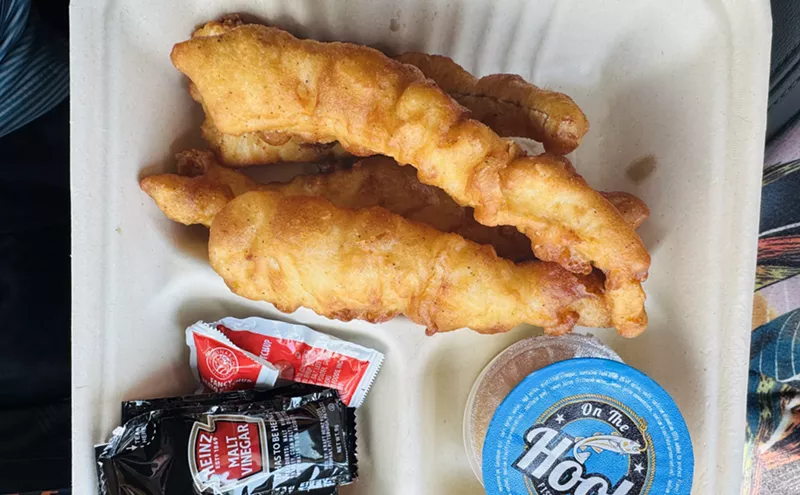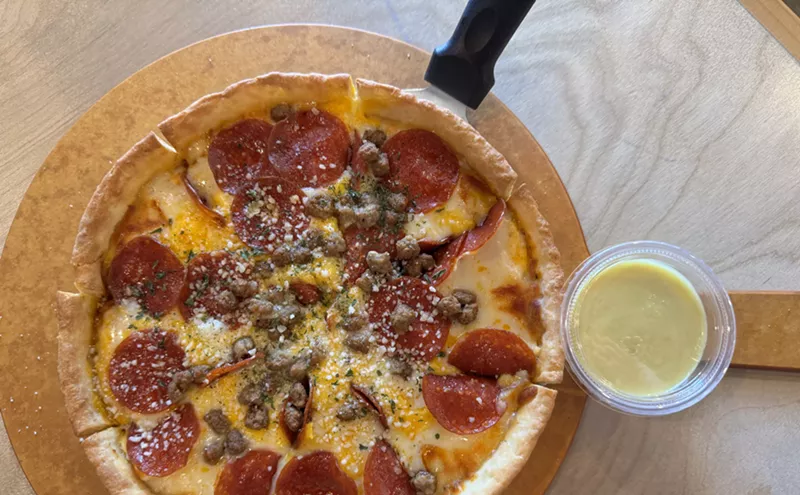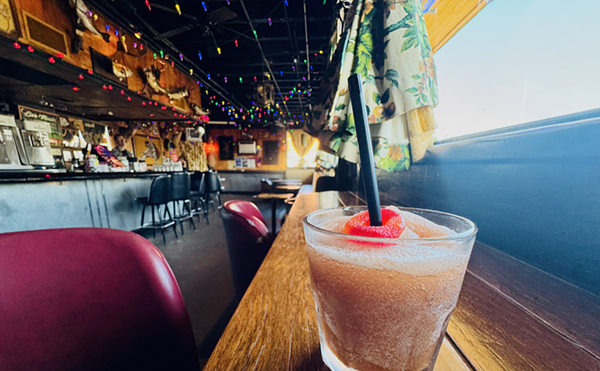In the United States, our coffee rituals much more closely resemble those of Italy, the birthplace of espresso: Coffee is made to be fast, as in Italy where it’s typically consumed while standing at a busy bar. We go into a cafe, queue up, order, someone mispronounces our name and we leave. Some folks take five minutes to brew a cup at home, and many don’t even bother to get out of their car for a hot cup.
Ethiopian coffee ceremony is the opposite of this. It’s a universe where the coffee is less of a caffeine delivery mechanism and more of a means of bringing people together to enjoy each other’s company.
The origins of coffee are rife with stories of tweaked out shepherds and dancing goats, among other things, but what we do know is that the Arabica coffee we love is indigenous to Ethiopia. The recorded history of coffee consumption in this region of the world begins in the 15th century and continues well into present day. Coffee is part of the daily routine in Ethiopia, like in the United States; however, it is also deeply woven into the social fabric there as a means of honoring guests and bringing together neighbors, as the ceremony will often rotate among homes within a community.
These coffee ceremonies are elaborate and can take well over an hour. During the service, which is typically performed by the woman of the household, coffee seeds are roasted in a pan over an open flame until they are as dark as a Harmony Korine film. These roasted seeds are ground with a mortar and pestle and put into a clay pot, called a jebena, with water and sugar (or sometimes salt and other spices) and boiled. The resulting brew is a thick, gritty elixir decanted into small cups. The coffee is boiled and served three times, with the third round bestowing a blessing on the imbiber.
North Texans who want to experience an Ethiopian-style coffee ceremony don't have to go far — unless you consider a trip north of LBJ Freeway “far.” Dire Dawa Cafe & Restaurant in Richardson offers an authentic Ethiopian coffee and food experience.
Dire Dawa shares a similar aesthetic to most DFW Ethiopian spots with dim lights, stackable chairs and requisite DJ booth. There’s soccer playing on the flat-screen TV and the large speakers in the corner flash lights as they emanate vaguely-techno Ethiopian music.
In the middle of the dining area is a cleared-out space with a slightly elevated wooden platform. This platform is filled with beautiful china cups, clay pots, an open-flame burner, a charred pan and other trinkets, and for parties willing to fork over $25, they will use this area to bring the magic of an Ethiopian coffee ceremony to you.
To begin the ceremony, incense is lit in a stone pot. An intensely aromatic haze of smoke permeates the entire restaurant, but none of the other patrons even seem to notice. Next, the burner is lit and the coffee-maker appears holding a charged metal pan filled with green coffee beans imported from Jimma, Ethiopia. The beans are roasted over the open flame, and the roasting process is complete when the beans are black and shiny with coffee oils. The smoking pan is presented to each of us to waft its aromatics, which are smoky with a hint of sulfur. While traditionally the coffee would be ground with a mortar and pestle, here they grind the coffee with a burr coffee grinder that's part of their more standard coffee and espresso setup.
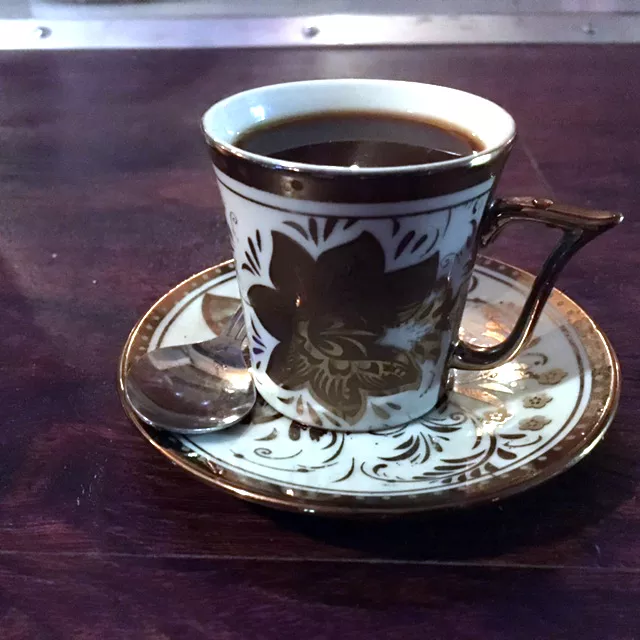
You'll be offered more than one cup of this strong brew, but beware the high caffeine content.
Tim Cox
The aroma is similar to coffees you may have encountered in office break rooms or gas stations and, visually, is as black as the roasted beans had been. Upon first sip, the texture is thick and there is a definite bitterness; however, as the cup cools a bit, there is a slight melon and banana fruitiness to complement the deeper flavors of leather, spice and tobacco. The cup is tastier than expected and actually more balanced before I add the sugar the staff persistently encouraged.
Shortly after the first cup is gone, the cups are collected and the coffee is once again boiled, decanted and served. The second cup is stronger than the first, and by the end of it, the caffeine content makes itself clearly apparent.
The third serving never came, but it probably would have accomplished little more than cardiac arrest. Luckily, there is injera bread aplenty to soak up the caffeine, a full bar of drinks to help you even out and a menu of delicious, traditional Ethiopian cuisine.
The staff at Dire Dawa are a treat as well. Throughout the course of coffee service, they spent varying degrees of time around the table telling stories of Ethiopia and what the coffee service, food and company of neighbors mean in a hospitality-rich culture.
For owner Dehab Ali, this sense of culture and community is why she offers the elaborate service.
“The customers say they feel like home,” she says. “The smell brings back memories of home and they enjoy looking at it. Smelling the coffee makes them feel relaxed and comfortable. When they bring guests, they feel proud that I follow the culture and that is the main point, to get together.”
This culture of hospitality was genuinely manifested in every interaction here, and even if your third round of coffee doesn’t come, you will definitely leave feeling blessed.
Dire Dawa Cafe & Restaurant, 2119 Buckingham Road, Richardson

